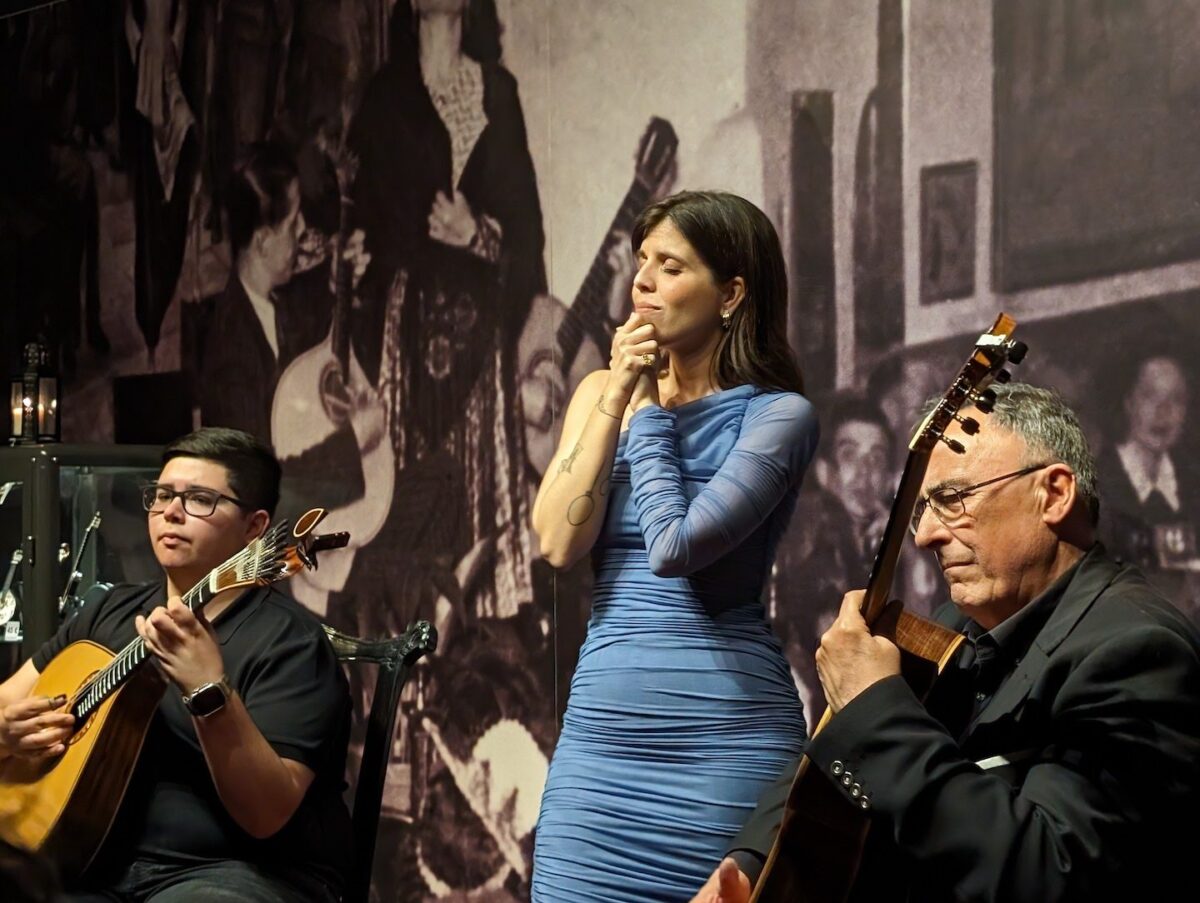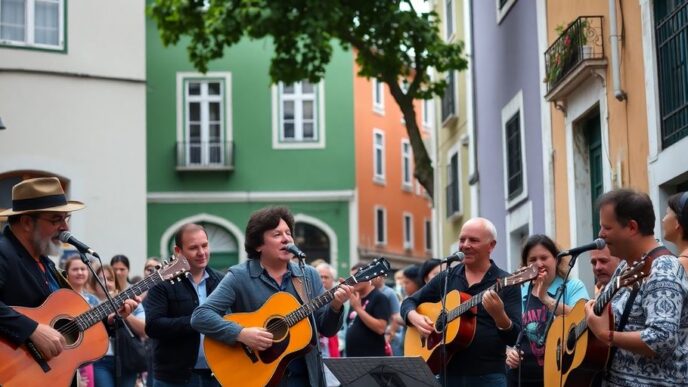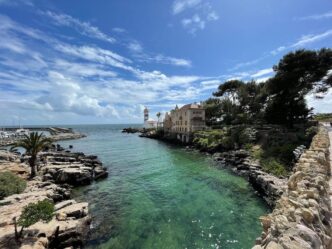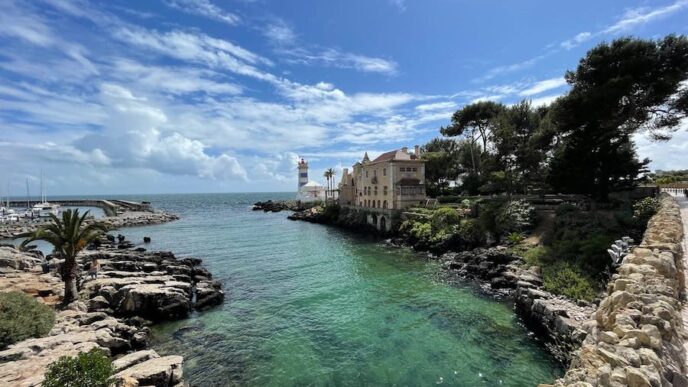Fado, a traditional Portuguese music genre, is deeply woven into Portugal’s cultural and emotional identity. Known as the “soul” of Portugal, Fado reflects themes of longing, loss, and “saudade”—a unique Portuguese term that combines nostalgia, yearning, and love for what is gone or out of reach.
This genre originated in the 1820s, particularly in Lisbon’s working-class neighborhoods, where it was sung in taverns and brothels, often expressing the hardships and romantic misfortunes of the lower class. Fado quickly spread and evolved, embodying the struggles, dreams, and emotions of the Portuguese people.

Fado’s impact on Portuguese culture is profound, partly because it emerged from the most authentic expressions of Lisbon’s communities. When sung, Fado brings listeners into a space of shared experience and memory, transcending time and class. UNESCO recognized Fado as an Intangible Cultural Heritage of Humanity in 2011, emphasizing its cultural significance and preservation as part of world heritage.
Today, Fado has expanded beyond Portugal, gaining a global following while remaining culturally significant in Portugal, especially in Lisbon and Coimbra. These cities celebrate Fado’s legacy through museums, annual festivals, and numerous Fado houses (casas de Fado) where performances honor both the old and new forms of the genre.
The ongoing popularity of Fado in Portugal illustrates the country’s commitment to preserving its musical heritage while embracing contemporary interpretations, which keep the tradition alive for future generations.













